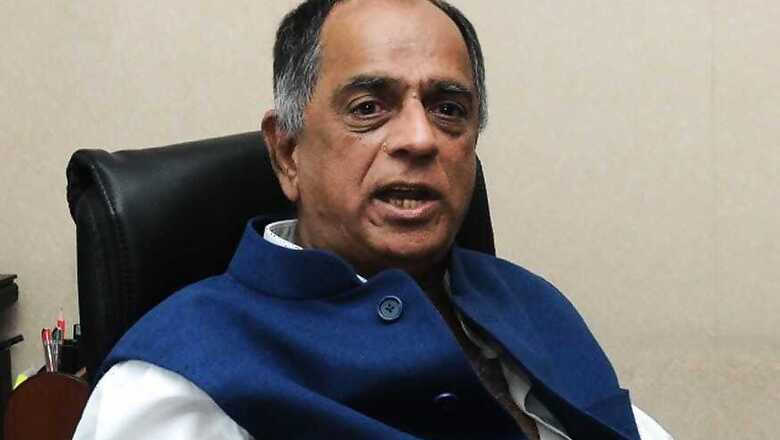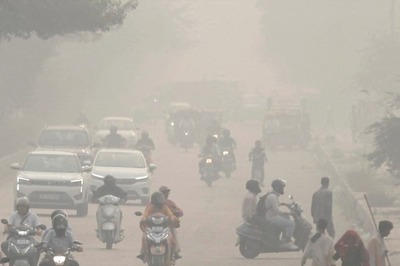
views
A battle that filmmakers have been fighting and unfortunately, will continue to fight, is the one with the censor board. While it's a mandate for Bollywood directors to get CBFC's nod and certification before the film's release, the films screened at festivals do not necessarily require a censor certificate, but a censor exemption from the Union Ministry for them to be screened.
In what has cast a cloud over the 10th edition of the International Documentary and Short Film Festival of Kerela (IDSFFK), the Ministry of Information and Broadcasting has denied censor exemption to three documentary films broadly dealing with Jawaharlal Nehru University protests, the Rohith Vemula incident and on the unrest in Kashmir, without citing a specific reason.
Filmmaker Leena Manimekalai, whose documentary Is It Too Much To Ask will be running in the official competition at the forthcoming film festival, took to Facebook to announce that 160 filmmakers, artists, and academics have written to Mr Venkaiah Naidu, Minister of Information and Broadcasting, urging him to "stop its censorship regime and immediately provide exemption to the films they have prevented from being screened" at the festival.
Questioning the basis for denying screening permission to these films, they've also highlighted that each of these films deals with "prominent political issues that have led to much discussion within the country" in the letter addressed to Naidu.
"It is also clear that the government of the day is resorting to draconian action to stifle all such political debate and indeed Article 19 of our constitution, which guarantees the right to freedom of expression to every citizen of this country," read the letter.
While interacting with News18.com, Leena maintained that she stands in solidarity with the three banned films and filmmakers.
"This whole pattern of festival censorship is quite dangerous and fascist in motives. We've sent the collective statement and we'll have to wait and see," she said.
When asked if this kind of censorship poses a threat to quality cinema, she said, "Censorship is always a threat to sensible cinema. CBFC has to be trashed and this extra-constitutional censorship has to be resisted by all means. Else what is the meaning of democracy."
Considering that CBFC chairperson, Pahlaj Nihalani, recently warned filmmakers of the strictest action to be taken against them - if they continue to take their films to International film festivals without censor board certification, this move has further set the alarm bells ringing.
"This Modi govt decides what to eat, what to watch, what to wear and what to speak. This Pahlaj Nihalani should go back to school and learn how the international cultural scene works. He is an embarrassment to even deal with," she said.
"No international film festival bothers about a censor certificate," she added.
PN Ramachandra's The Unbearable Being Of Lightness, NC Fazil and Shawn Sebastian's In The Shade of Fallen Chinar and Kathu Lukose's March March March are the three documentaries to have invited the wrath of the central government this time.
Whether it's a depiction of a trouble-torn Kashmir or a narration of the students protest at JNU and its aftermath or a tale 'too women oriented' - the decision to ban art, in the name of censorship, requires a serious justification so that it just doesn't end up being a bane of the lives and minds of filmmakers across the country.

















Comments
0 comment